Category: Federal
-
2,989 major party candidates filed for 2020 Congress elections
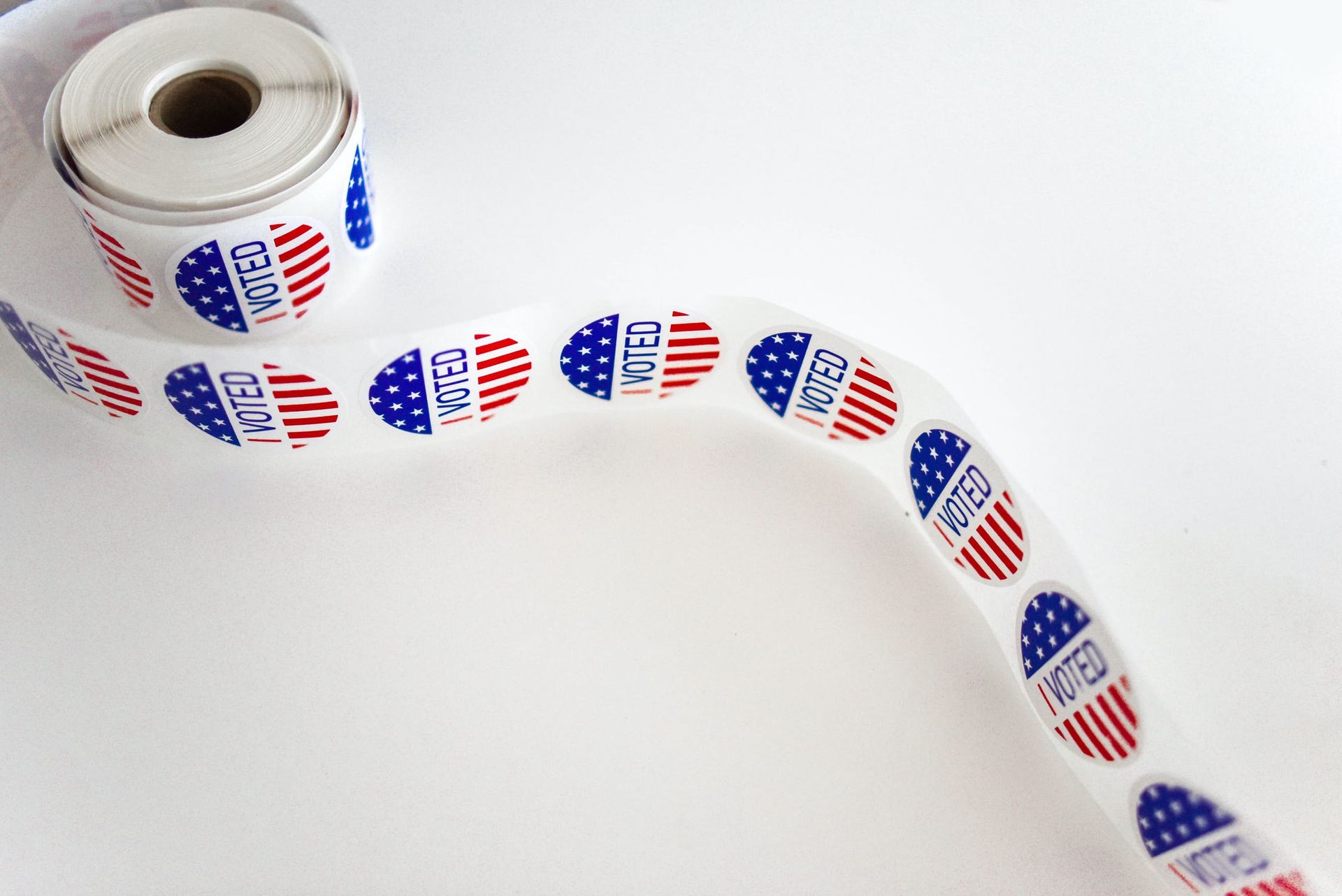
As of June 22, 2,989 major party candidates have filed to run for the Senate and House of Representatives in 2020. So far, 453 candidates are filed with the Federal Election Commission (FEC) to run for U.S. Senate. Of those, 362—185 Democrats and 177 Republicans—are from one of the two major political parties. In 2018,…
-
U.S. Supreme Court rules DACA ended improperly; dissenting opinion argues ruling creates double standard
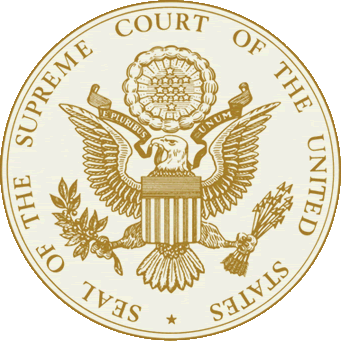
In a 5-4 decision, the U.S. Supreme Court ruled in DHS v. Regents of the University of California that the U.S. Department of Homeland Security (DHS) did not properly follow Administrative Procedure Act (APA) procedures when it sought to end the Obama-era Deferred Action for Childhood Arrivals (DACA) program in 2017. DHS started the program…
-
Lucia settles with SEC after eight years of litigation
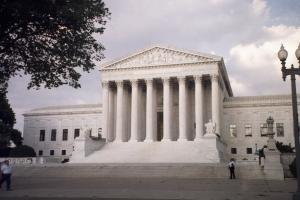
Raymond Lucia, the plaintiff in the 2018 U.S. Supreme Court case Lucia v. SEC, reached a settlement with the U.S. Securities and Exchange Commission (SEC) on June 17 after eight years of litigation. The settlement requires Lucia to pay a $25,000 fine and allows him to reapply for reinstatement as an investment advisor. The Lucia…
-
Federal Register weekly update; tops 37,000 pages

The Federal Register is a daily journal of federal government activity that includes presidential documents, proposed and final rules, and public notices. It is a common measure of an administration’s regulatory activity. From June 15 to June 19, the Federal Register grew by 1,192 pages for a year-to-date total of 37,330 pages. Over the same…
-
Primary runoff in North Carolina is June 23

The statewide primary runoff for North Carolina is on June 23, 2020. The primary was held March 3, 2020, and candidates needed more than 30% of the vote to advance to the general election. The primary runoff was originally scheduled for May 12, 2020, but was postponed amid the coronavirus pandemic. The filing deadline to…
-
3 states holding primaries for 42 congressional seats on June 23
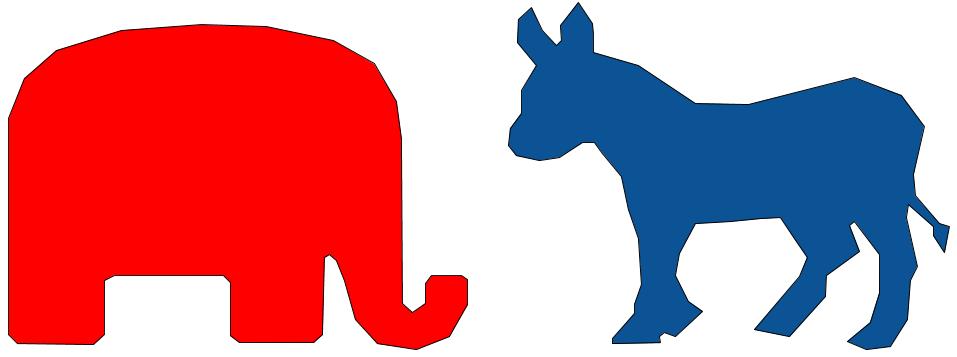
Three states are holding primaries on June 23, 2020. Forty-two congressional seats will be on the ballot, including two U.S. Senate seats and 40 U.S. House seats. The following seats will be on the ballot in Kentucky: • 1 U.S. Senate seat • 6 U.S. House seats The following seats will be on the ballot…
-
Federal Register weekly update; lowest weekly page total since first week of January
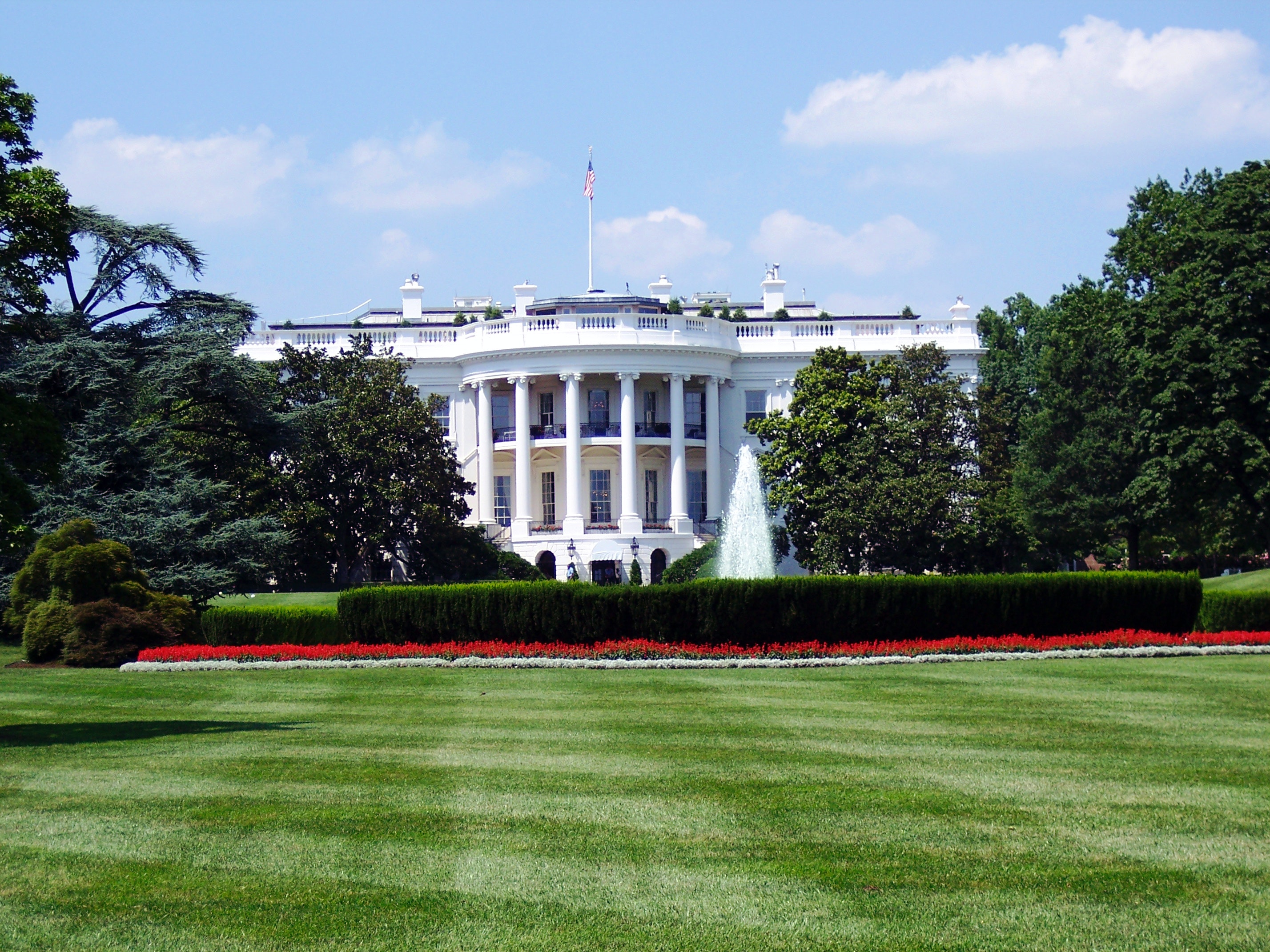
The Federal Register is a daily journal of federal government activity that includes presidential documents, proposed and final rules, and public notices. It is a common measure of an administration’s regulatory activity. From June 8 to June 12, the Federal Register grew by 1,182 pages for a year-to-date total of 36,138 pages. Over the same…
-
SCOTUS grants review in 2 cases for October 2020-2021 term
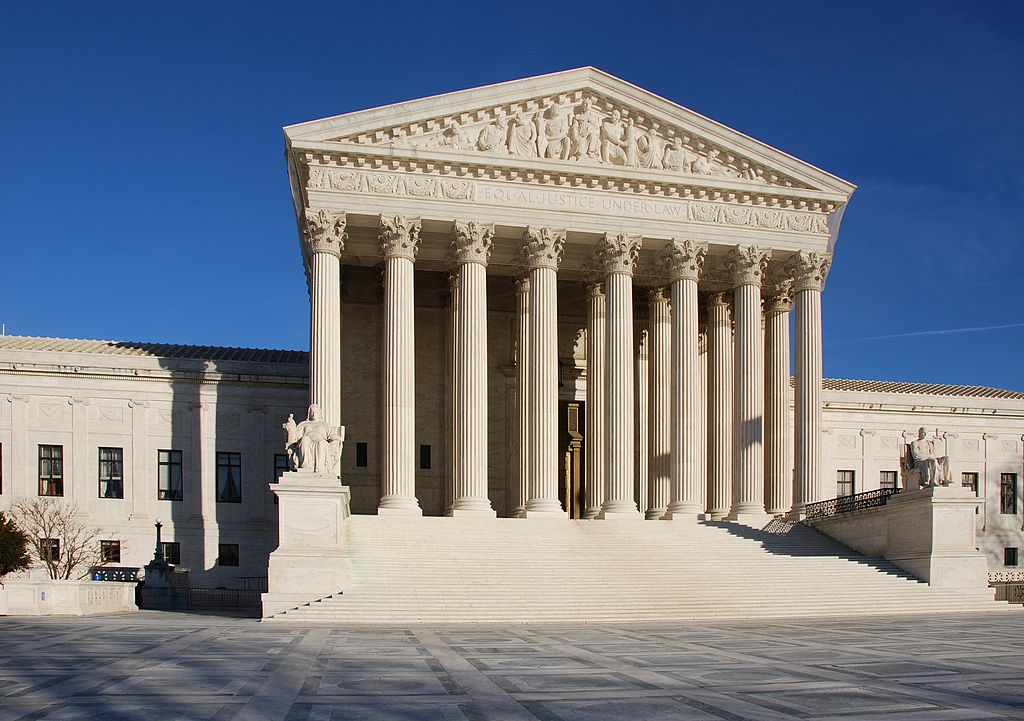
On June 15, the Supreme Court of the United States (“SCOTUS”) granted review in two cases for its upcoming October 2020-2021 term. The Supreme Court will begin hearing cases for the term on October 5, 2020. The court’s yearly term begins on the first Monday in October and lasts until the first Monday in October…
-
Texas Democrats appeal absentee voting decision to U.S. Supreme Court
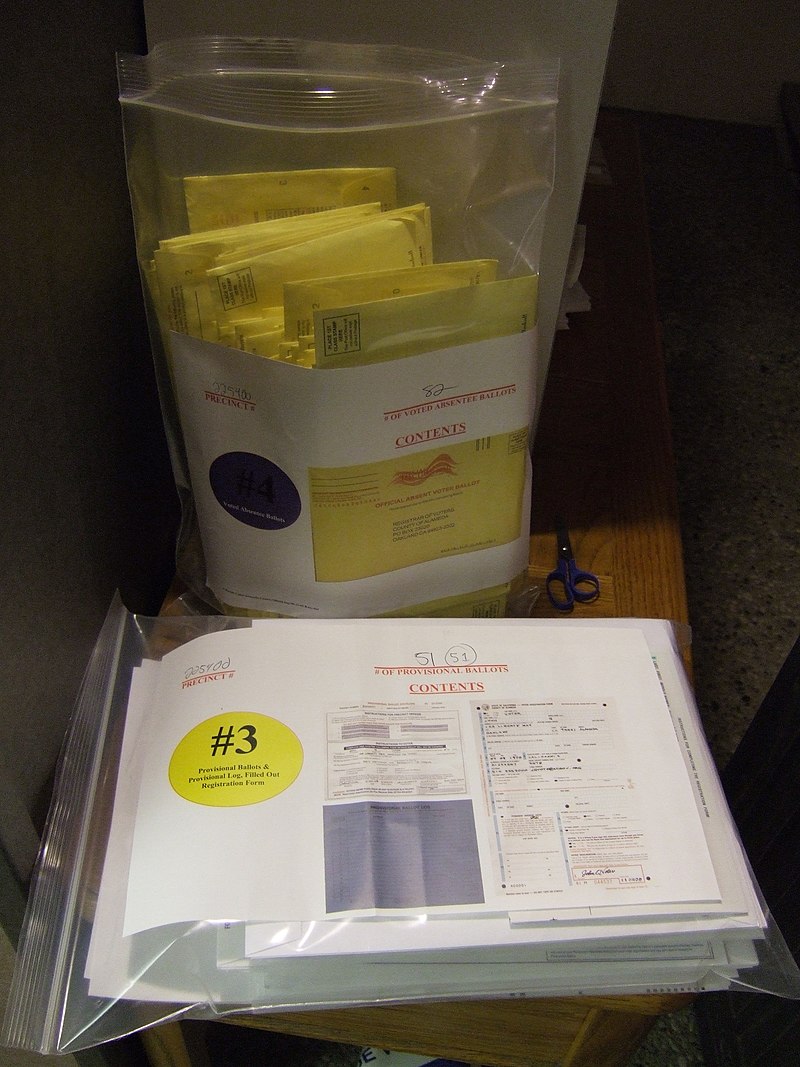
On June 16, the Democratic Party of Texas appealed to the U.S. Supreme Court an appellate court order staying a district court decision that had extended absentee voting eligibility in response to the COVID-19 outbreak. On May 19, Judge Samuel Frederick Biery of the U.S. District Court for the Western District of Texas ordered that…
-
U.S. extends travel restrictions on Canada and Mexico through July 21

On June 16, 2020, acting Homeland Security Secretary Chad Wolf announced the U.S. would extend travel restrictions in place at the Canadian and Mexican borders through July 21. The restrictions, initially put into place in late March in coordination with both countries, close the borders to nonessential travel. Essential travel, including for trade and commerce,…

